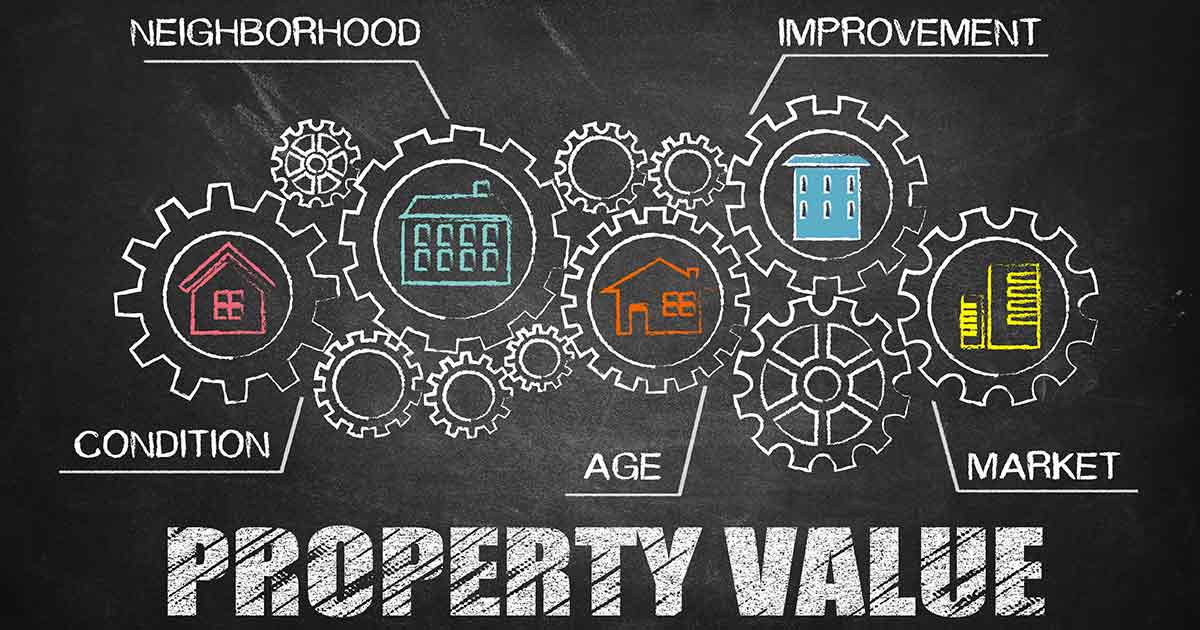
A real estate appraisal is a professional unbiased opinion of the value of a home. As part of obtaining financing for the purchase or refinance of a home, the property’s current value, which is the collateral for the loan, must be determined. Since the start of the pandemic, the way appraisals were conducted had to adapt and change. Here is what you need to know about home appraisals during COVID!
Before the pandemic, the vast majority of appraisals were conducted by licensed appraisers that physically inspected the home’s interior and exterior. Today, in light of the Covid safety concerns for the homeowner and the appraiser, changes were made to how appraisals are conducted, and alternate methods of assessing value were established. These fall into three categories: Traditional Appraisals with enhanced safety guidance; Desktop or Drive-By Appraisals; and Property Inspection Waivers (PIW).
Traditional Appraisals require an inspection of the interior and exterior of the home. Additional safety procedures are followed because the appraiser has to enter the family’s Covid bubble. The appraiser speaks with the homeowner or realtor before the appointment to ensure that the appraiser can conduct the appraisal as quickly as possible. All doors are open and lights on so that the appraiser minimizes touching surfaces. Additionally, the appraiser and anyone else in the home at the time of the inspection must wear PPE and follow CDC guidelines.
To minimize the need for appraisers to enter homes, the appraiser can conduct a Desktop or Drive-By Appraisal for most purchases and many refinances. In these cases, the appraiser relies on data and photos of the home, comparable properties in the real estate multiple listing service, and public records to determine value. In the case of a Drive-By appraisal, the appraiser also does a visual inspection of the home’s exterior. In this way, the appraiser has no face-to-face contact with anyone involved in the transaction.
Most mortgages today rely on automated underwriting engines to evaluate risk and determine the borrower’s creditworthiness. These engines have robust analytics and data that can also assess the stated value or purchase price to determine if it is reasonable. If it is deemed to be within an acceptable range, a Property Inspection Waiver (PIW) will be offered. In this case, no appraisal is required reducing the borrowers’ closing costs and eliminating all safety concerns pertaining to the property valuation.
Appraisers play a vital role in how collateral is analyzed and valued. The pandemic has pushed the appraisal industry into trying new approaches to assessing value. The mortgage industry has been becoming more and more digital, and the appraisal industry was lagging. Now the development of less traditional technology-based appraisals without interior inspections will continue to evolve as we come out of the pandemic.
Mortgage Equity Partners has taken measures to ensure that the appraisal companies we work with follow the highest safety standard and use the most up-to-date technology. If you have questions or concerns regarding the appraisal process, please contact us for more information at info@meploans.com.
Article researched by Jason Kluge.




